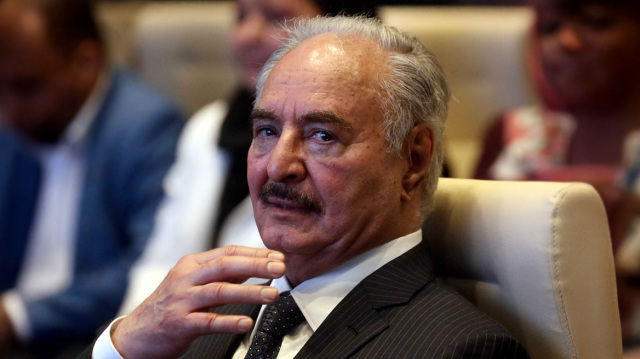Recent reports from the Turkish Ministry of Defense have ignited fresh discussions about the Turkey-Libya memorandum, highlighting their approval of the Haftar side’s reconsideration of its stance.
According to these sources, “The Memorandum on the Delimitation of Maritime Jurisdiction Areas, signed between Turkey and Libya in 2019, is a just accord that safeguards the rights of both nations based on international law.”
They further state, “The agreement utilized the median line between the mainland territories as a basis for defining maritime zones, ensuring Libya’s rights are fully upheld, in contrast to the expansive claims of other nations. This Memorandum also reinforces our historic alliance with Libya in maritime matters. We welcome the Haftar side’s review of the Memorandum and are actively observing unfolding events.”
Additionally, before the Eastern Libya Parliament’s consideration of the Memorandum for ratification became public, Athens had already devised a plan to re-establish communication—both with the Dbeibah government in Tripoli and key figures in Eastern Libya, including Parliament Speaker Aguila Saleh and General Haftar.
Significant diplomatic groundwork has been laid, with Greek Ambassador N. Garilidis meeting with the Libyan Foreign Minister last week. This sets the stage for Foreign Minister George Gerapetritis to visit Tripoli in June, marking the first senior-level interaction since Prime Minister Kyriakos Mitsotakis and former Foreign Minister Nikos Dendias went to the Libyan capital in April 2021.
Critical Relationships
Libya, being a neighboring country, necessitates effective communication not just for managing maritime zone disputes but also for addressing migration issues, as it has become a primary route for illegal migration to Greece. Thus, re-establishing communication channels is vital.
Furthermore, with Libya urgently seeking European support, Greece holds significant diplomatic leverage. As a non-permanent member of the UN Security Council, Greece plays a key role in decisions regarding Libya, with an impending proposal from the UN envoy aimed at resolving the country’s political crisis.
George Gerapetritis is set to face a challenging task, contingent upon the security situation in Libya—which has worsened recently—while managing relations between Tripoli and Tobruk.
The Parliament’s recent decision to form a special committee to review the Turkey-Libya Memorandum serves as both a warning to Athens and an encouragement to Ankara. This move also underscores the extent of Turkish involvement in Libya, which has now extended beyond the Tripoli government into eastern regions as well.
Ask me anything
Explore related questions

















